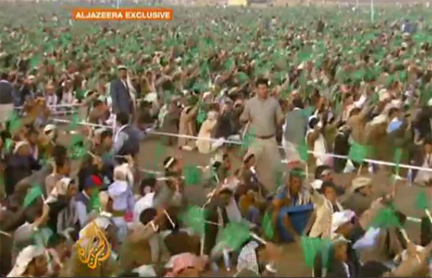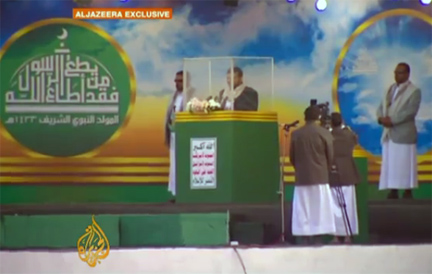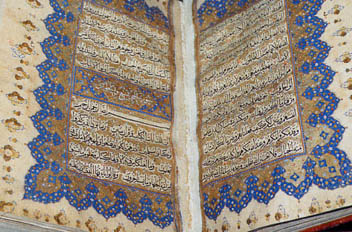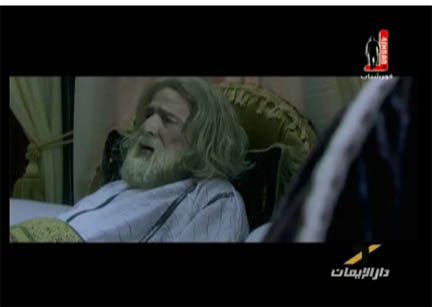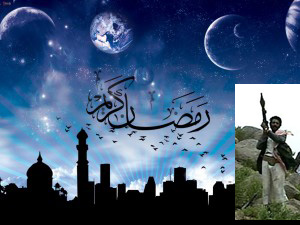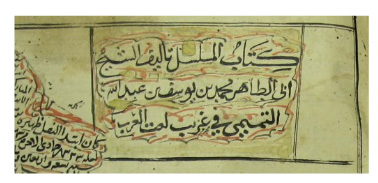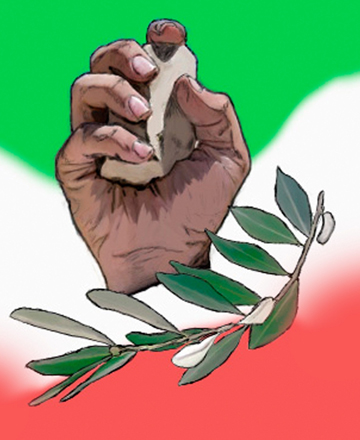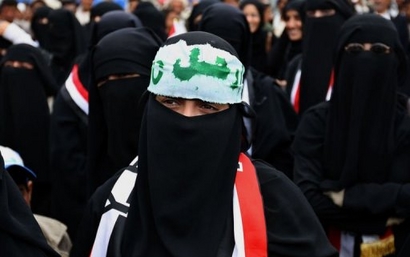
“We want imams to discuss our problems, discuss government decrees and oppose oppression.â€
Friday sermons not relevant
by Mohammed Al-Samei, Yemen Times, August 2, 2012
Yemenis have been critical of the performance of imams because of the topics they address in Friday sermons.
They say that the imams do not address the relevant issues from which residents suffer. Moreover, they don’t discuss new topics in their sermons.
Fathi Abu Al-Nassr, a Yemeni journalist, said that many imams don’t touch on the problems of society or new developments among residents. He added that the core of the sermon ought to be the concerns of Yemenis.
Abu Al-Nassr described imams as “parrots who address expired issues.†He pointed out that they are one of the most important reasons behind the ignorance of society.
Although some imams attempt to address different issues, they are discouraged by society members who refuse to discuss such topics.
Khaled Al-Hada’i, an imam who appears in various mosques in Sana’a, told the Yemen Times that many imams don’t shed light on local problems; instead they address religious issues.
He explained that bringing discussion of current affairs to the sermons is a slow process due to the complicated situation in Yemen and lack of awareness among residents. Continue reading Thank God it’s Friday? Not in Yemen these days
